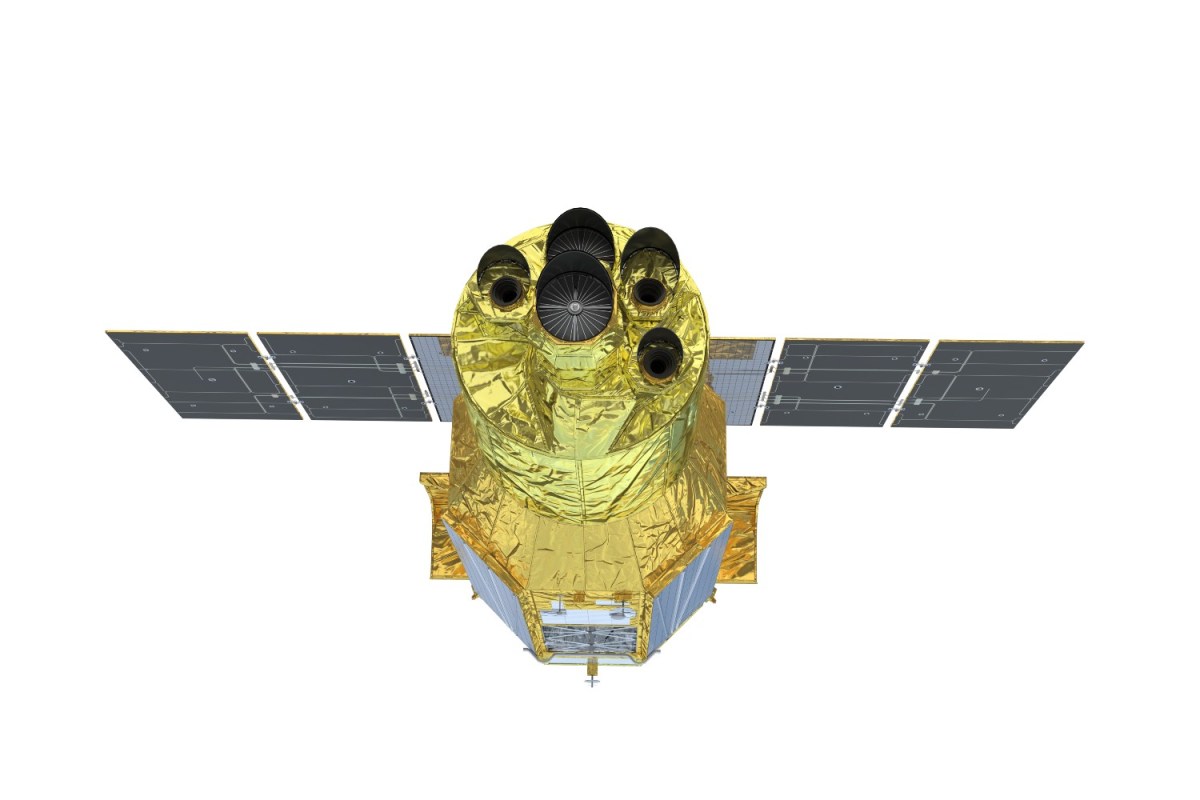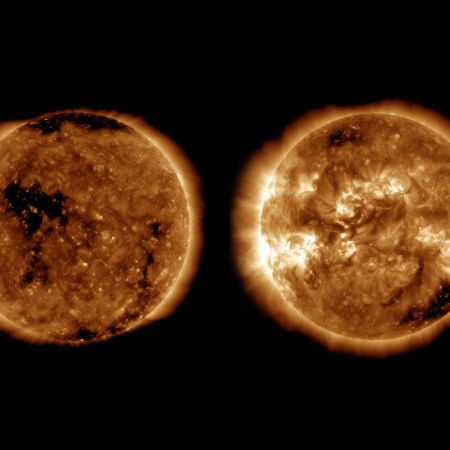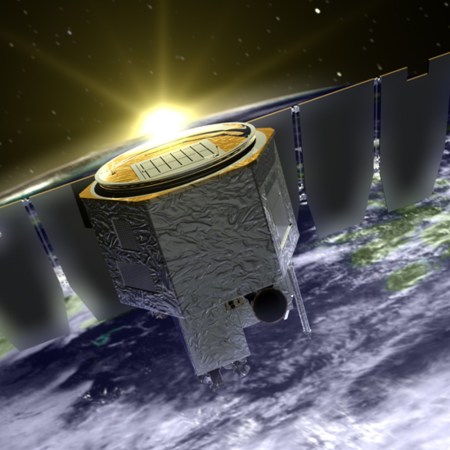The X-rays that travel through space can provide scientists on Earth with invaluable data on some of the mysteries of the cosmos. Stars and black holes are only a fraction of the interstellar objects that emit X-rays, and the more data that can be gathered on them, the better of an understanding we might have of the universe we live in.
All of that makes a satellite set to launch this weekend that much more essential to some ongoing scientific concerns. The satellite’s name is XRISM, an abbreviation for X-ray Imaging and Spectroscopy Mission, and it’s a joint venture of Japan Aerospace Exploration Agency (JAXA) and NASA. (The European Space Agency and the Canadian Space Agency were also involved; this is truly an international venture.)
“The mission will provide us with insights into some of the most difficult places to study, like the internal structures of neutron stars and near-light-speed particle jets powered by black holes in active galaxies,” said XRISM specialist Brian Williams in an article published earlier this summer.
As Davide Castelvecchi observed in an article for Live Science, JAXA has long sought to study X-rays in space, with a number of previous attempts to launch satellites with X-ray calorimeters on board into orbit ending badly.
To Top Out the Bugatti Chiron, You Need NASA’s Help
A former space shuttle runway recently became a venue for top-speed hypercar hijinksMakoto Tashiro, the lead scientist on the project, told Live Science that the data that this project was expected to gather was “very exciting — for me and, I believe, for other X-ray astronomers.” It’s a mission that, a long time coming, might lead to new discoveries about the universe — and new insights into life on Earth.
UPDATE: Due to concerns over weather conditions, the launch of the mission carrying XRISM this weekend was postponed. As per the New York Times’ reporting, the agencies involved have not announced a date for the rescheduled launch.
Thanks for reading InsideHook. Sign up for our daily newsletter and be in the know.















